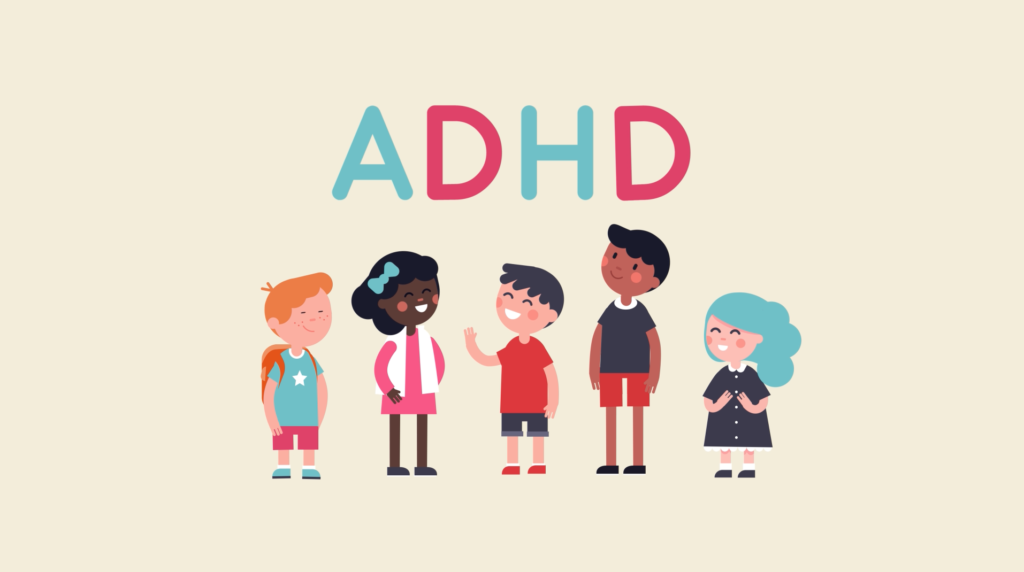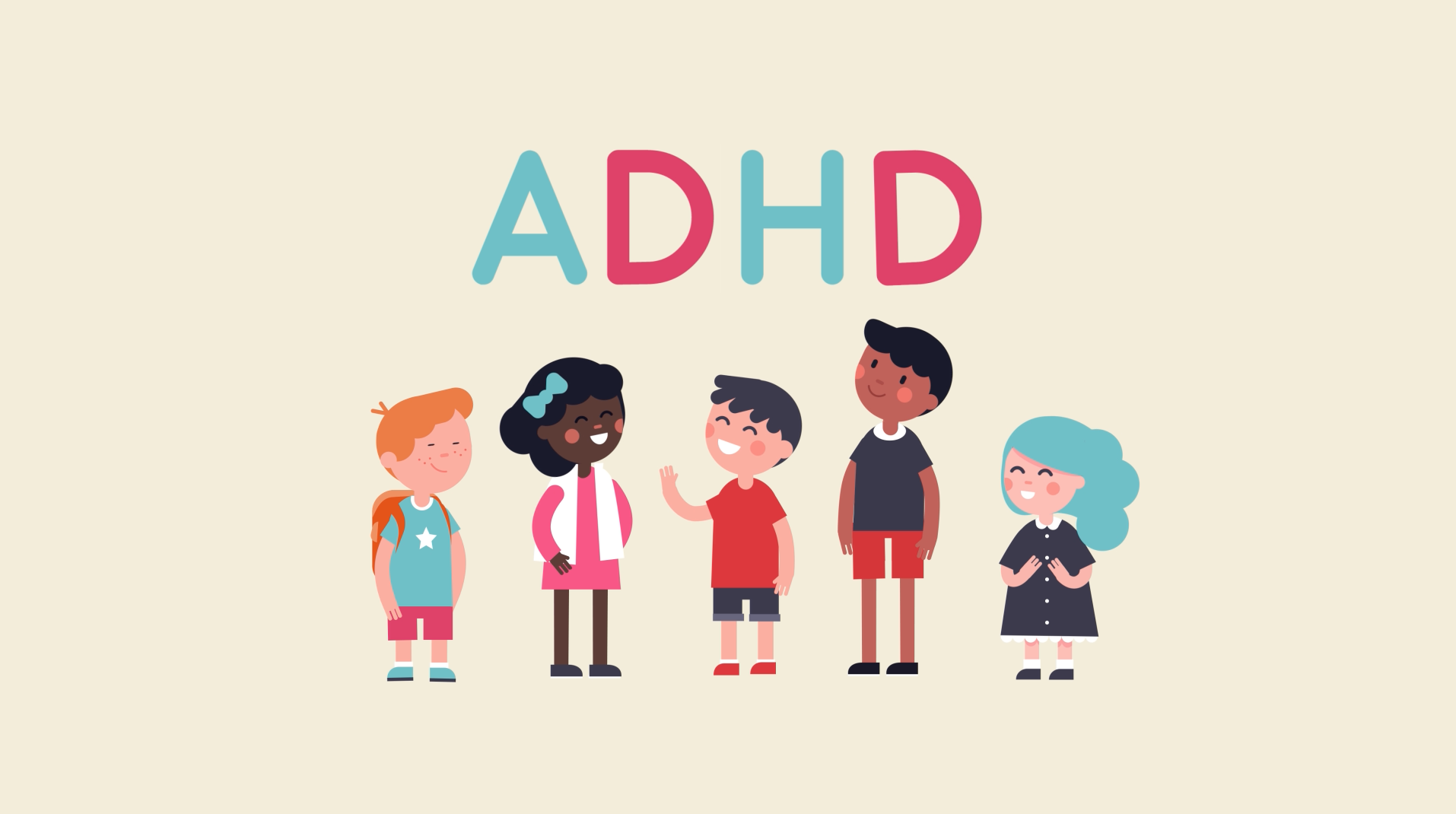
Many men and women look forward to retiring and moving to a senior community. There, they can pursue various interests while not having to maintain a big house and yard. It’s troubling when someone realizes soon after retirement that concentration, attention, and short-term memory problems are occurring. This might not be an early sign of cognitive impairment that leads to dementia, however. Instead, it could be undiagnosed attention deficit hyperactivity disorder (ADHD).
Managing Undiagnosed ADHD
It might seem hard to believe that people can go through most of their lives with this disorder and not be diagnosed until their senior years. The individual likely has a minor or moderate case that caused some sort of disruption during school. There may have been problems with paying attention and feeling a fair amount of nervous energy when required to sit still in class.
As adults, some of these men and women learn to self-medicate with calming substances, such as alcohol or marijuana. Others channel their hyperactive tendencies into a passionate pursuit of hobbies or volunteer work. In fact, a newly retired person might have expected to spend significantly more time on these activities. Even if this individual is somewhat disabled and needs retirement care, that doesn’t mean a loss of interest in future goals.
Executive Functioning
The condition has a negative impact on behaviors categorized as executive functioning. Self-control, working memory, and the ability to focus are the broad concepts within executive functioning. Problems with these capabilities can appear in many different ways. For instance, someone may lose his or her temper easily and lash out at another person for a minor annoyance. Difficulties with working memory make learning new material harder and can cause trouble with following a conversation. A certain amount of distraction and wandering thoughts is normal, but when this frequently interferes with mental activity, it becomes very frustrating.
Lifestyle Structure
The structure of a full-time job often can help reduce mild symptoms. Especially if the person has not created a schedule for daily life after retirement, he or she can start to feel anxious and bored. That’s when issues like forgetfulness and frequent distraction first appear or become noticeably worse.
Many seniors first realize this could be ADHD when a youngster in the family, such as a grandchild, is diagnosed. They become interested and search for information. They recognize that what their grandchild experiences is similar to what they were dealing with during childhood. The condition is genetic, so others in the family also may have gone undiagnosed for many years.
Tackling the Problem
Some children essentially outgrow ADHD during the teen years or early adulthood. Many individuals, though, continue to struggle with various aspects of the disorder. The standard treatment for children and adults who cannot effectively manage their ADHD is a medication with prescription stimulants. Senior citizens may be interested in trying some other possibilities first. For instance, if they like a structured schedule similar to a workday, they might create one for their new lifestyle and see if that helps.
Concluding Thoughts
Certain types of cognitive issues in senior citizens could be signs of undiagnosed ADHD. The symptoms might have become more problematic after the person has retired and started an easier lifestyle in a senior community. The absence of a structured daily schedule sometimes is connected with the appearance or worsening of symptoms. Adding more structure to the lifestyle or seeking treatment from a physician can be effective strategies.
